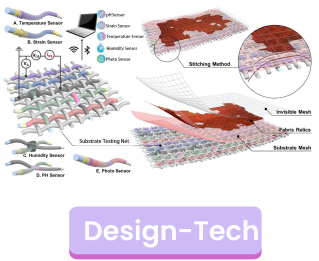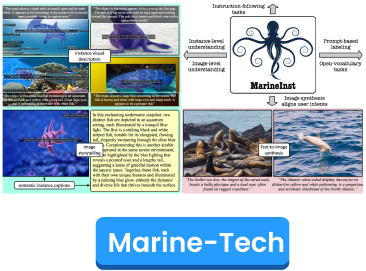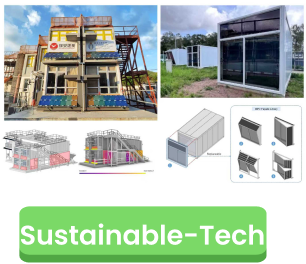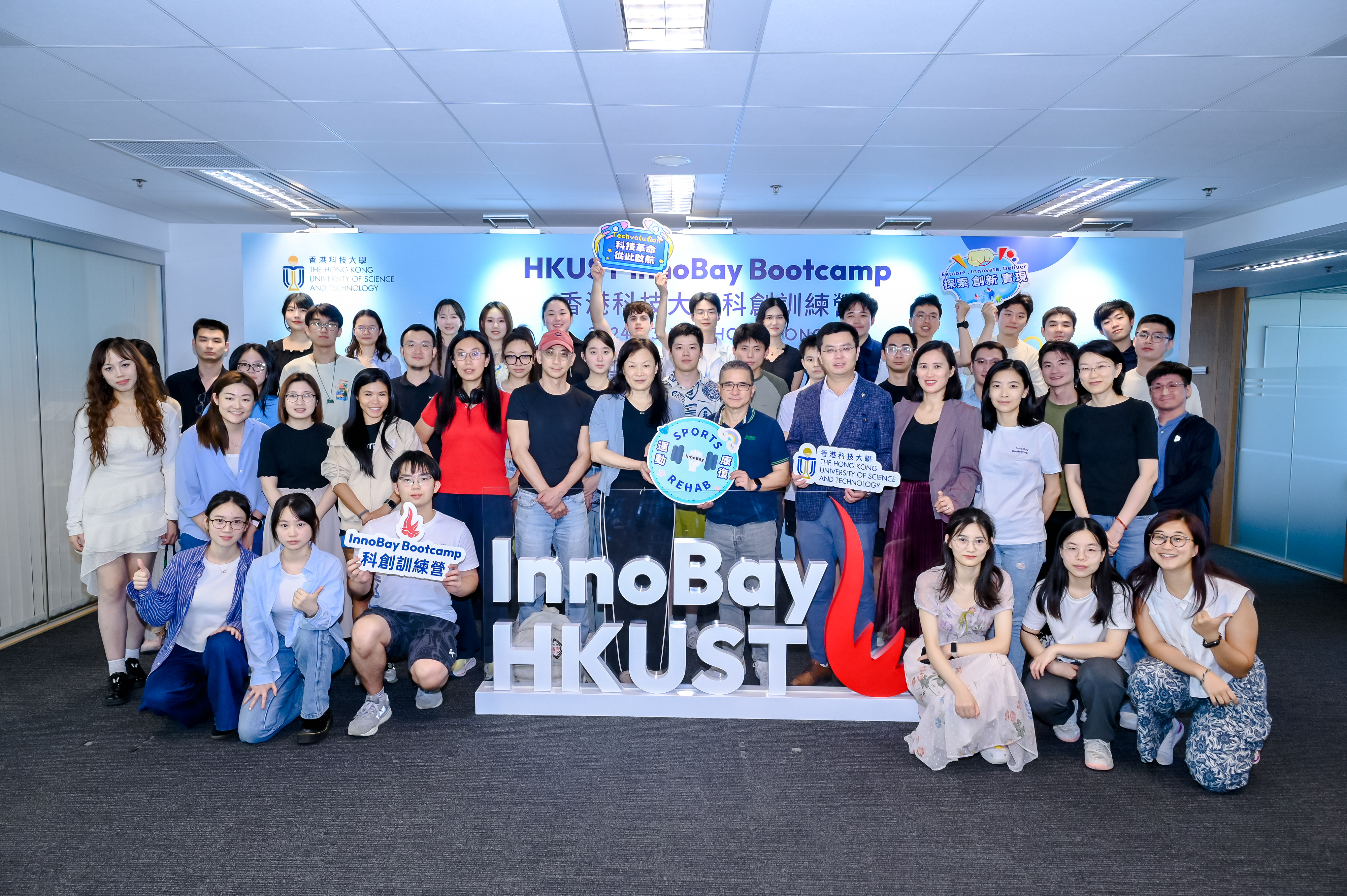
MPhil in Technology Innovation and Entrepreneurship (TIE)
The Master of Philosophy in Technology Innovation and Entrepreneurship (TIE) is a major attempt by HKUST to reshape the education system and make the school a real driving force for continuous innovation in society after 30 years of focus on education. The entire training model will be transformed from the traditional model to a problem-oriented, multidisciplinary, project-based learning model, designed for innovators and entrepreneurs who aspire to take the lead in the deep technology field.
The program provides a comprehensive new engineering education experience, combining in-depth technical knowledge with necessary entrepreneurial skills. Students will work in dynamic teams, participate in rigorous research training, and gain valuable industry experience opportunities. Each student must complete a thesis independently under the guidance of faculty members and collaborate on team projects that combine theoretical insights with practical applications. If you have a solid foundation in science and engineering, a courageous entrepreneurial spirit, a good team spirit, and a desire to learn interdisciplinary thinking, come and apply!
Educational Objectives
The TIE program encapsulates HKUST’s accumulated experience in fostering innovation and entrepreneurship and propels students to the forefront of technological advancement and enterprise creation. TIE has three key features:
A research-driven entrepreneurship education
This approach ensures graduates are well-equipped to be technical experts in specific areas and are able to originate solutions and overcome technical barriers of complex problems.
A research-to-industry ecosystem
A synergistic ecosystem linking students with industry practitioners, investors, and other relevant stakeholders to offer practical experience in commercializing original research outcomes to resolve real-life challenges.
Collaborative learning and personalized research endeavours
TIE promotes teamwork and individual research contribution. Students will pursue individual thesis topics linked to a prototype/service developed by their team.
Curriculum
Program Structure
The TIE program is a full-time, 2-year journey emphasizing team-based product/service prototyping, industry engagement, and individual thesis research.Students are equipped for real-world challenges: from market discovery, team formation, MVP development, testing, pitching, regulatory navigation,
fundraising, scaling, and (ideally) launch—culminating in both team demonstration and an individual thesis tied to their group’s innovation.
To graduate from the TIE programme at HKUST, students must complete :
- 12 credits of specialized coursework designed to build core competencies in technology innovation and entrepreneurship.
- An independent thesis research project demonstrating deep technical and entrepreneurial expertise and original problem-solving.
For details about the curriculum and specific course offerings, please visit the Program Catalog.
For details about the University's policy on Intellectual Property, please visit Office of Knowledge Transfer.
Faculty & Advisors
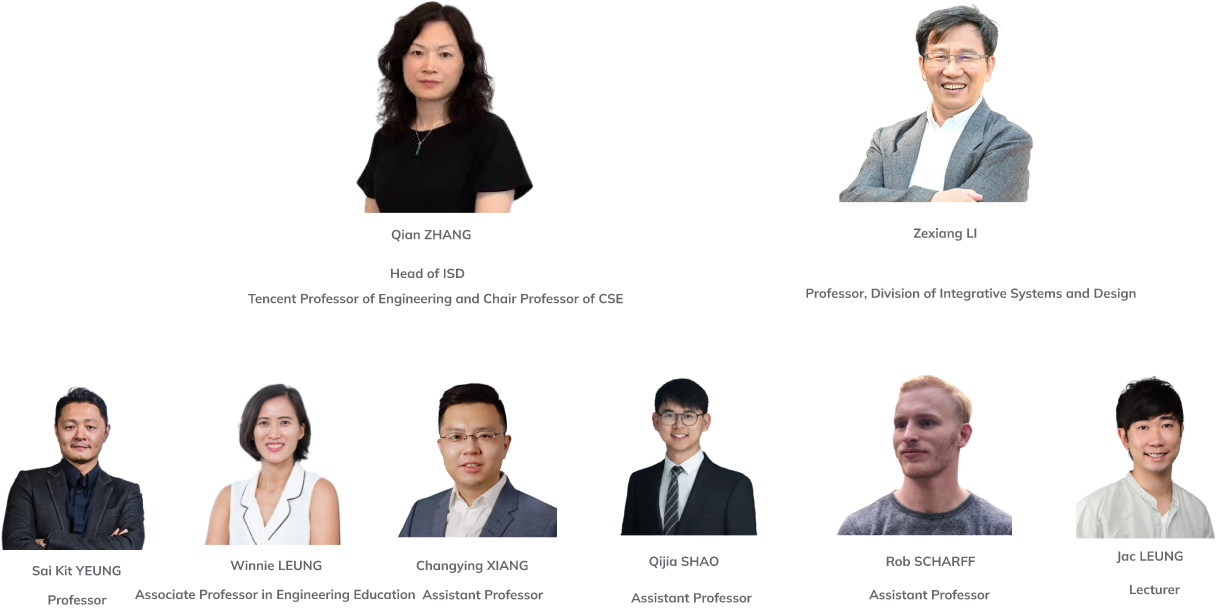
Academic and Industrial Partners
The TIE MPhil program is designed to bridge the gap between academic research and real-world application. Our program collaborates with a diverse range of academic institutions and industrial partners to provide students with a comprehensive learning experience.
Application and Financial Assistance
TIE requires a period of two years of study in full-time mode. For details on admission requirements and the application process, please visit the Program Catalog.
Typically, all qualified students accepted to HKUST MPhil programs will receive postgraduate studentship (PGS) which carries financial assistance sufficient for an individual’s cost of living in Hong Kong. For detailed regulations, please visit the FYTGS webpage and Handbook for Research Postgraduate Studies for details.
Please apply through:
Program Contact
For inquiries, please contact the Program Officeisdtie@ust.hk.
